Luxury counterfeits in Naples have become a lucrative trade controlled by the mafia, thriving in a city known as the European capital of fakes. While top brands like Gucci and Prada anticipate reporting significant sales this month, the bustling streets of Naples tell a different story, where knockoff handbags, sunglasses, and apparel are openly sold.
Naples, with its estimated 6-7 billion euro counterfeit market, is a hotspot for fake luxury goods, attracting buyers looking for a bargain. In the "Market of Fakes" near the city's train station, sellers peddle imitation Gucci hats, Fendi wallets, and Louis Vuitton shoeboxes at a fraction of the original prices.
Italy leads in counterfeit seizures within the EU, with Naples being the heart of this illicit industry. The city hosts the entire counterfeit fashion supply chain, from production to distribution, all under the grip of the local Camorra mafia.
Counterfeiting offers the mafia a low-risk avenue for cash generation and money laundering, complementing their drug-related activities. While less lucrative than narcotics, counterfeiting provides steady profits and carries lighter legal consequences.
The collaboration between the Camorra and Chinese criminal groups fuels Naples' counterfeit network. Goods are manufactured abroad and smuggled into Italy, where they undergo final assembly using cheap illegal labor. The mafia controls distribution, pressuring businesses to sell fakes alongside genuine products.
Counterfeiting poses a significant economic threat, costing Italy billions in lost revenue, jobs, and taxes. It also contributes to environmental hazards, with Naples experiencing frequent toxic fires from disposing of counterfeit materials.
Despite efforts by luxury brands to combat counterfeiting, the trade persists, fueled by consumer demand for affordable luxury items. Initiatives like the "Museum of the Real and Fake" aimed to educate consumers but have faced challenges.
In Naples, as in many places, the allure of counterfeit luxury goods remains strong. For consumers like Caterina, affordability trumps authenticity, highlighting the ongoing battle against counterfeit culture and its impact on the market.



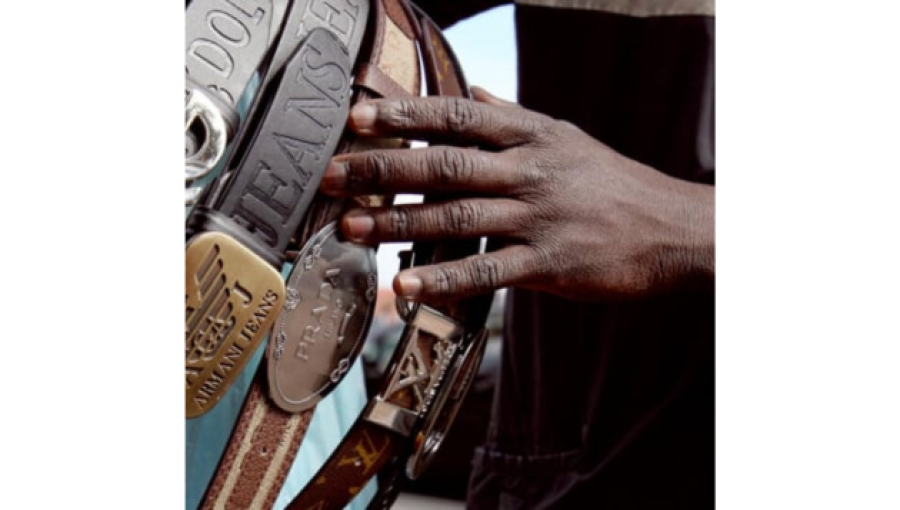
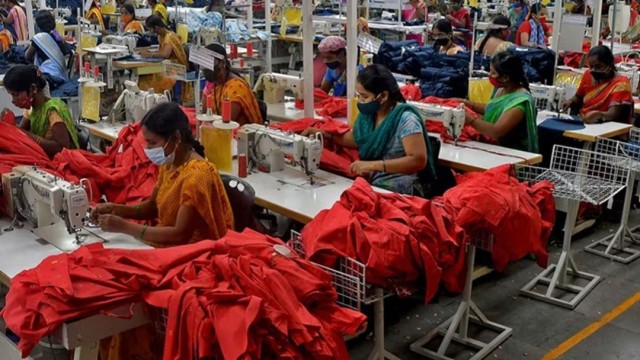






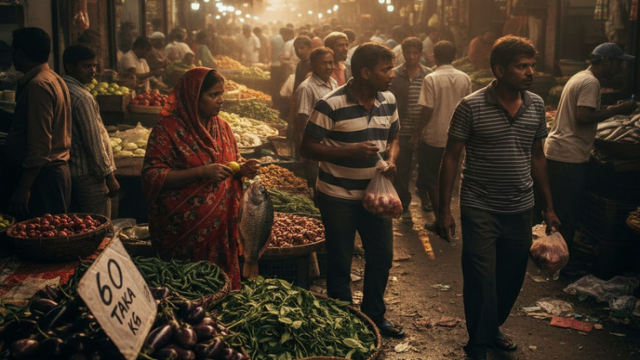

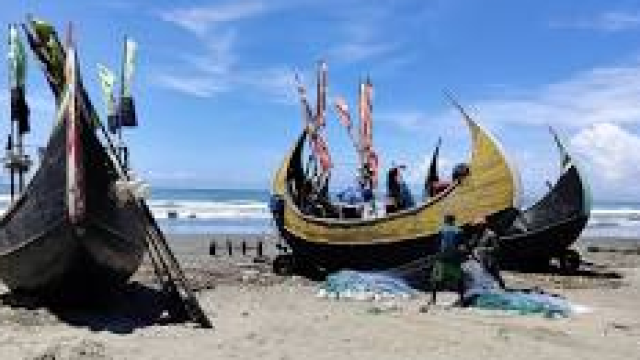
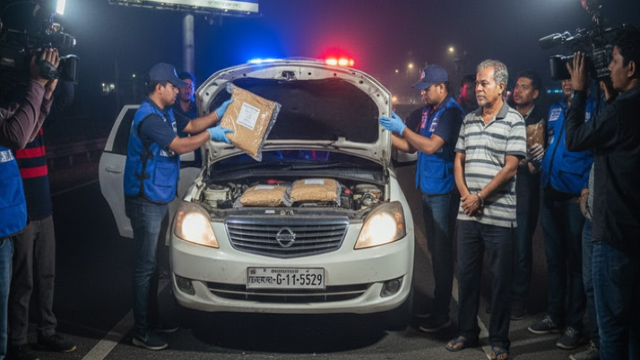
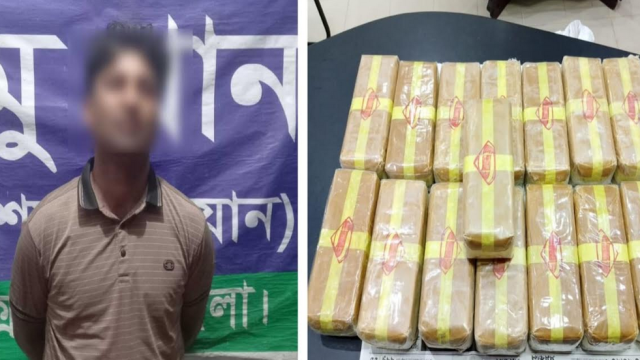

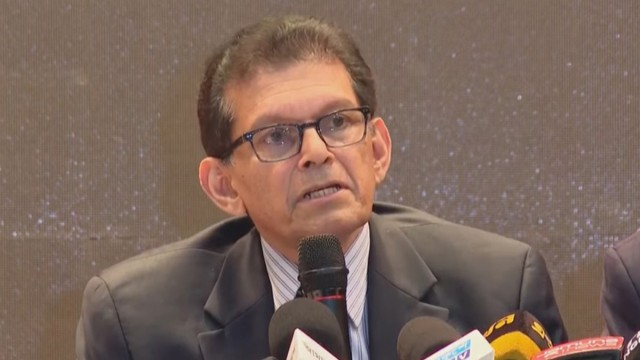













Comment: